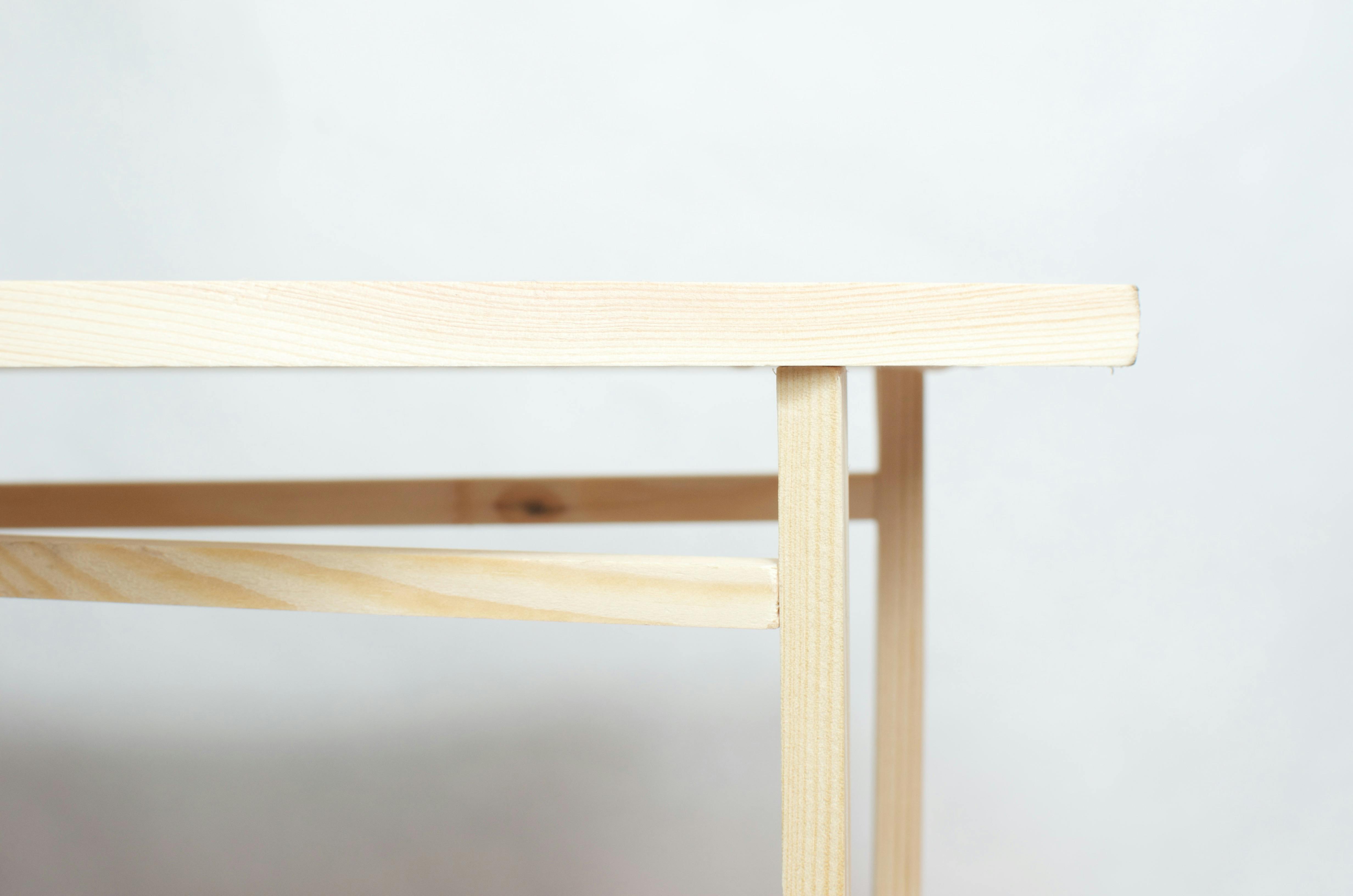
Tempur silat is divided into two sections on self defense movements; Tempur Seni (the art of self-defense combat that is practically done with a partner) and Tempur Beladiri (the fast sparring action that can be practiced with two or more opponents). Due to the lack of understanding of the term tempur seni itself, even in the silat community, this article will cover the term for these soft combat actions, how to apply it, and why it is important to develop tempur seni along with other combat skills. silat in martial arts fighting.
Tempur seni is an application of silat fists with imitation of bare hand for the act of striking styles such as stabbing with keris (kris) or badik (dolk), cutting with parang (machete), pedang (sword) or sundang, and cutting with sword, kapak (shaft) and so on. The methodology of attacking with combat weapons and receiving blows are preserved in tempur seni, which is based on a striking action with traditional silat weapons. A signal is given once the silat performer tends to strike his partner with his bare hand using the symbol or sign of weaponry.
The tempur seni combat action is done using specific fixing procedures to preserve the originality of tempur seni which are based on the art of warfare in Malay civilization. Here are the procedures;
1. Both exponents of silat present their own Bunga Silat as a mark of respect to the schools of guru and silat, either together or separately. Normally the performance will be accompanied by standard Malaysian silat music.
2. Both exponents of silat will perform the Tapak Empat. Tapak empat is a movement that needs the exponent to move in four angles (rectangular/square) through Tapal using langkah (step) silat. A Tapal means the path towards an angle/direction. At all angles, the silat exponent will perform the Tapak Empat Beladiri (self defense moves) movements.
3. When both silat players reach the angle of the original/starting point, they will perform the Tapak Empat Beladiri towards the center of Medan Laga (compound/combat area).
4. Both exponents of silat must make Langkah Melilit (wrapped or circling each other) on Tapak Bulat (center of the ring) in advance, they step back and change direction and will move using Galah Panjang (the movements while waiting or striking) either one way or the opposite way to each other.
5. Both exponents of silat alternately perform a counterattack using the right or left hand. When one exponent attacks, another defends. Three types of Serang Seni (the art of attack) such as Tikam (stab), Parang (chop) and Tetak (hack or notch) will be performed between each exponent. While the art of receiving the attack known as Sambut Seni. The seven sambut seni are; Tangkap (to catch blows), Sentak (to pull down), Kedu (to flex the arm down to counterattack), Tindih (to overlap the other’s weak point), Sisip (to insert the hand to break free from being blocked) , Sagang (being in alert position) and Potong (counterattacking the opponent). These techniques will develop in stages from selapis (when one person attacks another who receives or counterattacks), berlapis (attack and defend alternating with each other), berangkai (when both exponents of silat separate due to the silat technique, both of them will continue backwards with another blow that is not serang seni) and so on.
6. Various signals were composed to facilitate fighting techniques such as Simbor (the signal to change the striking technique) and Paras (to stop the fight). Both exponents of silat will perform bunga silat at the end of the fight or combat to close the match.
Tempur Seni emphasizes ecstatic and scientific values. It is a game played by people in the field or meetings that has its own meanings and fighting secrets. Tempur seni is also known as Silat Pulut or Gayung Pulut. It tests the level of fighting techniques for each exponent of silat and at the same time shares the experience and increases the level of knowledge or silat movements between the exponents.
Usually tempur seni training will be accompanied by silat music known as Muzik Silat Baku. The music team consists of Gendang Ibu (lead drums), Gendang Anak (small drum), Gong and Serunai (bagpipes). The rhythm that is played is divided into two rhythms which are Irama Tari (dance melody) and Irama Tempur (fighting melody). The dance tune is slower than the last one. While the fight tune is fast and can increase the spirit level. Any silat exponent who has already achieved the red or black belt can fight other opponents who are not in the same silat school. Therefore, it is important for the exponent to train harder to master all the self defense moves in tempur seni to face another opponent from a variety of silat martial arts styles.